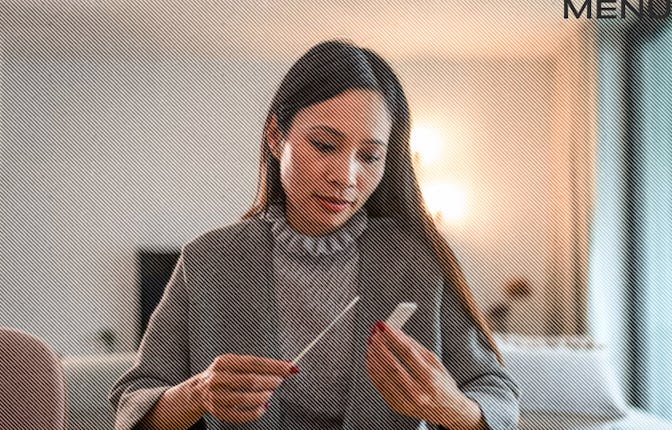Can throat swabbing make at-home rapid tests more accurate?
Hard maybe.

Recently, the accuracy of at-home COVID tests has come into question. But since rapid DIY antigen tests are one of the most accessible tools we have at preventing the spread of coronavirus, people have been anxious to make them work. The Israeli government (as well some other non-U.S. governments) recommends throat swabbing to get better results, but the F.D.A. is not down with us aimlessly jabbing at our tonsils. So, um, should we be swabbing our throats or nah?
On Monday, an Israeli health official publicly encouraged that individuals swab their throats (along with one nostril, afterward) when using at-home test kits, Reuters reported. But the research on throat swabbing is both preemptive and mixed. Rhenium, an importer of at-home tests in Modi’in, on the West Bank, told Reuters that they had not been consulted about this recommendation and did not agree with it, according to the outlet. There are some studies out of Hong Kong that suggest that throat swabbing may be a better method for detecting the omicron variant, but they haven’t been peer reviewed.
Last week, the F.D.A. warned the public not to use throat swabbing with at-home kits, and most experts agreed. Yes, there are some more small studies that say that saliva testing and throat swabbing work better with omicron, and while there’s nothing that has gone through a full clinical trial, there is a lot of seductive anecdotal evidence that seems to bolster the case for throat swabbing. So, what’s the problem?
First of all, even if throat swabbing is more effective in clinical settings, that doesn’t mean we know how to do it at home. It appears that experts at the FDA and elsewhere are concerned that throat swabbing could be dangerous. Turns out that poking around in the back of your throat with a stick is not generally recommended by doctors. The other thing is that the at-home tests we’re currently using were designed for nasal collection. That doesn’t mean that they definitely won’t work if you swab your throat, but that’s not what they were made for.
Given the high probability for user error, if you’re really concerned that you might have COVID, perhaps you should consider getting a PCR test from a trained professional. Frankly, it’s easier than trying to find an at-home test, anyways.